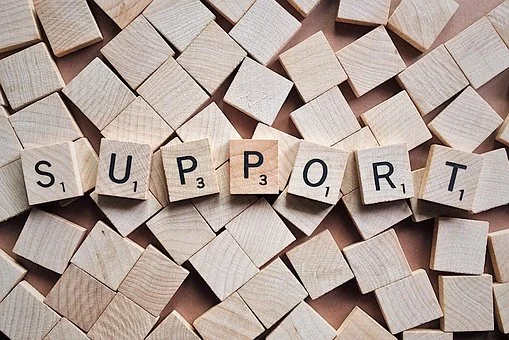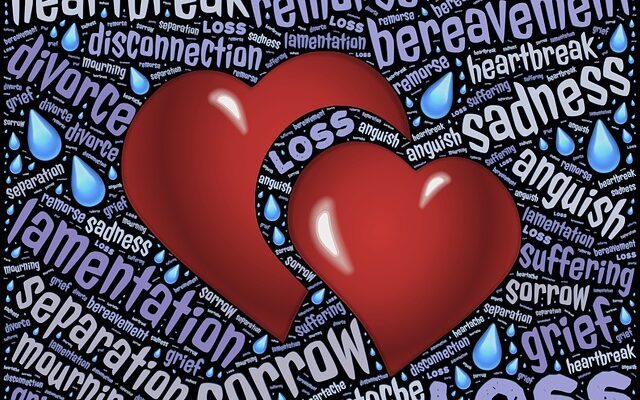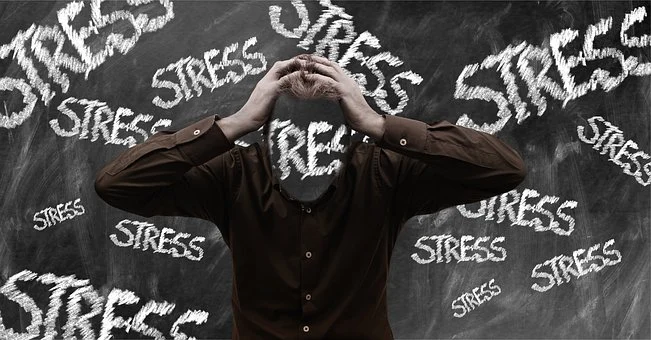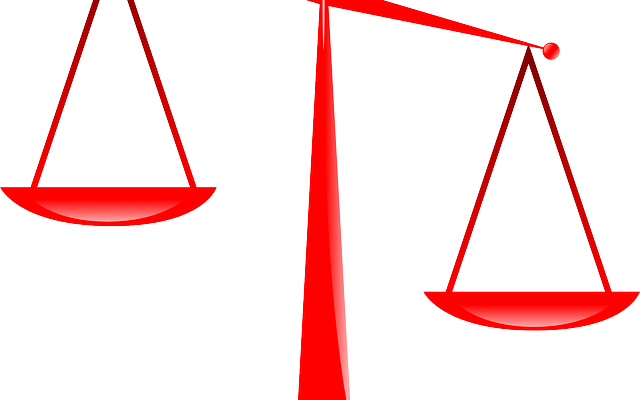10 Distinctive Types of Depression You Should Know About.
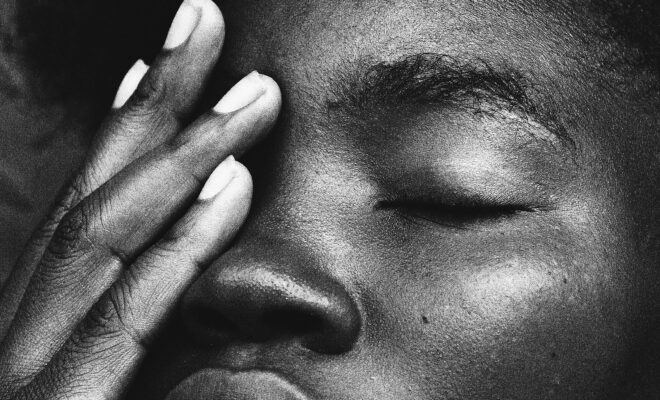
FACTS are anyone can be impacted by depression, irrespective of age, race, gender or social status. Generally when you are going through difficult times, for example, losing a loved one, heartbreak, loss of a job and difficulty dealing with daily living challenges that overwhelm you etc.
Depression is a complicated mental health disorder that requires one to seek professional help from a psychiatrist, or counsellor and also moral support from immediate family is also needed.
As a matter of fact, it has had a global impact on millions of individuals. Although depression is sometimes referred to as a single condition, did you know that there are several variants and subtypes of it?

This article aims to provide a comprehensive analysis of ten distinctive or rather different types of depression, to create awareness/shed light on their unique characteristics, and available treatment approaches.
- Major Depressive Disorder (MDD)
Major Depressive Disorder, also known as clinical depression, is the most prevalent and well-known kind of depression is major depressive disorder, usually referred to as clinical depression.
MDD is characterized by a spectrum of physical and cognitive symptoms, enduring emotions of despair, and lack of interest or pleasure. The diagnostic criteria, risk factors, and available treatments for MDD are all covered in this section.
- Persistent Depressive Disorder (PDD)
Persistent Depressive Disorder, previously referred to as dysthymia, is a chronic form of depression lasting for at least two years. Individuals with PDD experience a milder but long-lasting depressive mood. This section delves into the unique features of PDD, its impact on daily functioning, and evidence-based interventions.
- Bipolar Disorder
Bipolar Disorder is a mood condition known as bipolar disorder is characterized by recurrent bouts of mania or hypomania and depression. The different depressive episodes of bipolar disorder are examined in this section, illustrating how they differ from those of unipolar depression.
- Seasonal Affective Disorder (SAD)
Seasonal Affective Disorder is a type of depression that follows a seasonal pattern, typically occurring during the fall and winter months when there is less exposure to natural sunlight. This section explains the causes and symptoms of SAD, as well as the various treatment options available, including light therapy.
- Postpartum Depression (PPD)
Depression of the postpartum variety may arise after giving birth. It can be harmful to both the mother and the child and affects a large percentage of women. This section examines the causes, signs, and methods of PPD therapy, placing a strong emphasis on the value of early intervention.
- Psychotic Depression
Psychotic Depression is a severe subtype of depression characterized by the presence of psychotic symptoms, such as delusions or hallucinations. This section delves into the unique features of psychotic depression, its impact on individuals’ lives, and the integration of pharmacological and psychotherapeutic treatments.
- Atypical Depression
Atypical Depression is characterized by a distinct pattern of symptoms that differ from those of typical depression. Individuals with atypical depression may experience mood reactivity, increased appetite, weight gain, excessive sleep, and sensitivity to interpersonal rejection. This section discusses the diagnostic criteria, underlying mechanisms, and treatment options for atypical depression.
- Catatonic Depression
Catatonic Depression is a rare and severe form of depression characterized by psychomotor disturbances, such as motoric immobility or excessive, purposeless motor activity. This section explores the diagnostic features of catatonic depression, its relationship with other psychiatric conditions, and the potential interventions to manage its symptoms.
- Situational Depression
Situational Depression, also known as reactive depression or adjustment disorder with depressed mood, occurs in response to a significant life event or stressful situation. This section examines the triggers, symptoms, and therapeutic interventions for situational depression, highlighting the importance of social support and coping strategies.
- Treatment-Resistant Depression
Treatment-Resistant Depression refers to cases where depressive symptoms persist despite adequate trials of multiple antidepressant medications or psychotherapy. This section explores the factors contributing to treatment resistance, alternative treatment options such as electroconvulsive therapy (ECT) and transcranial magnetic stimulation (TMS), and emerging therapeutic approaches.
Conclusion:
There are many different kinds and expressions of depression, making it a complex disorder. Talking to mental health professionals about how you feel may help you make well-informed decisions about diagnosis, treatment, and support by being aware of the subtleties of different forms of depression.
If you are wondering where to get help for depression. we are here to help. We may work to offer thorough and individualized care to you/loved one who is suffering from any form of depression through more research and creating self awareness.

